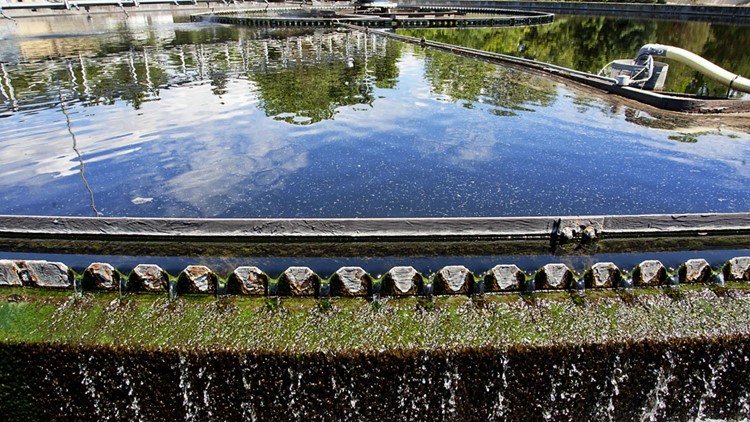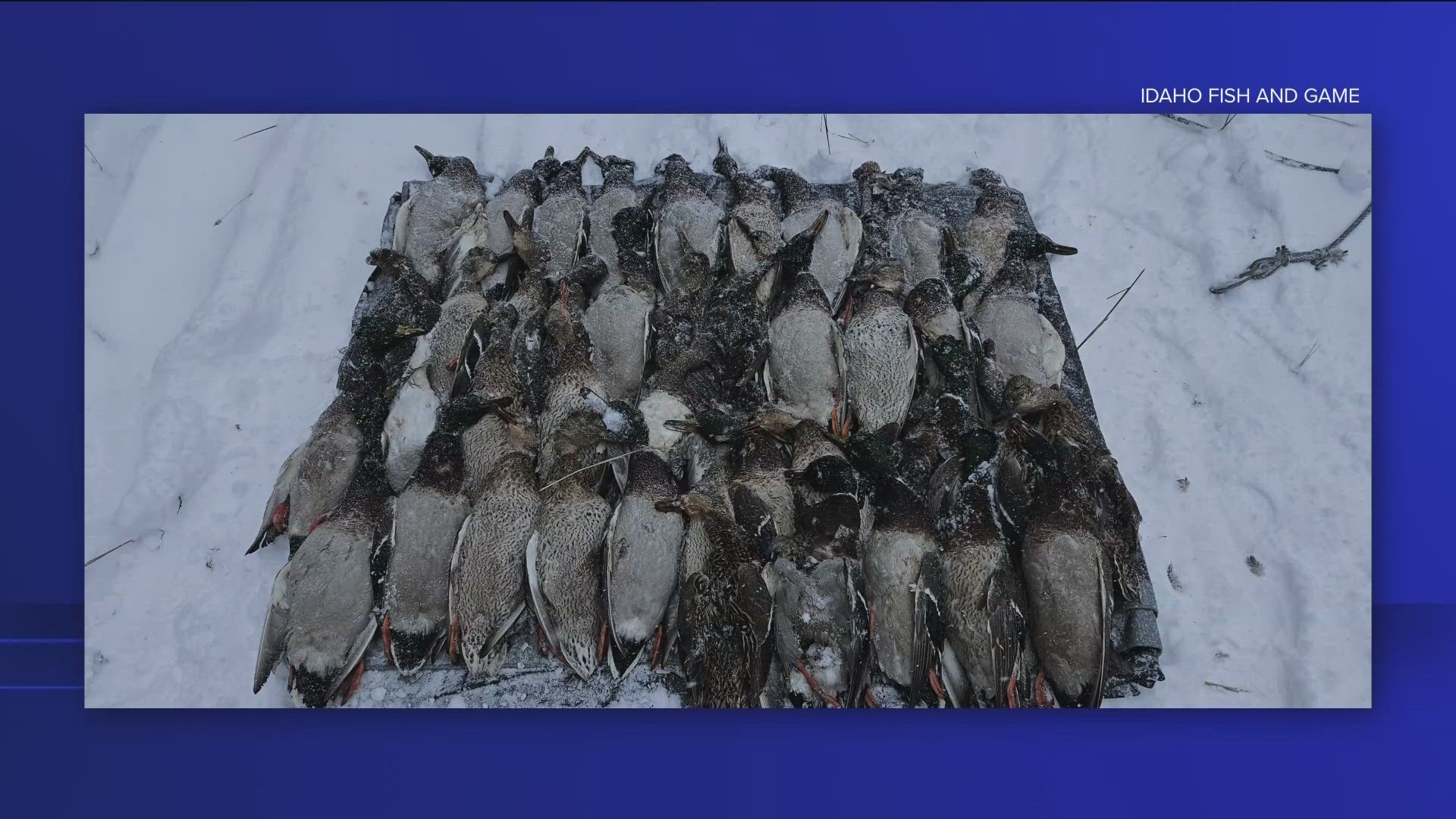BOISE, Idaho — Editor's Note: This article was originally published by the Idaho Press.
Boiseans in November will vote on a $570 million bond to fund wastewater projects. If the bond doesn't pass, water renewal, or sewer, fee payers could be on the hook for a 53% rate increase in 2022.
Boise City Council members on Tuesday unanimously approved an ordinance establishing a ballot question asking voters to approve the funding mechanism.
The bond is part of a long-term plan to expand the city's wastewater treatment capacity, replace aging infrastructure and develop water renewal, or wastewater recycling, facilities. The bond provides up to $570 million for Water Renewal Services projects, slated for the next decade and outlined in the city's recently adopted Water Renewal Utility Plan. The total cost of those projects is more than $900 million and would be funded by a combination of the bond plus cash.
Water Renewal Services is the Public Works utility that cleans the city’s used water — water that goes down drains and toilets.
On Tuesday, council members approved the ordinance without discussion; however, they were supportive of the bond during a June budget workshop.
City leaders have said Boise could leverage historically low interest rates — currently 2.5% annually — and spread out fee increases over multiple decades rather than paying cash for the improvements, which would lead to higher fee increases starting next year.
If voters approve the bond, water renewal rates would increase about 10%. That’s compared to a 53% jump in 2022 if they don’t.
Currently, the average monthly residential water renewal bill is $36.82. A 10% increase would be $40.46, and a 53% increase would be $56.33.
The bond will cost more in the long-run — an estimated 230% fee increase over 20 years, compared to a 150% increase in the same time period using cash.
“If we don’t issue bonds, those of us who live here now are going to pay full freight for all of these improvements, even though the people who are moving here tomorrow are the ones who are going to primarily benefit from it, or at least benefit as much as we do,” said City Council President Elaine Clegg in June. “If we are able to bond for this, then we can spread out the cost of that, not just to the existing rate payers, but to those future ones who are helping drive the need for it.”
Including interest, the total cost of the bond is about $815 million. It would be paid solely using revenue from the city’s water renewal system, so it would not affect property taxes.
A simple majority vote, 50% plus one, is required to pass the bond.
The Nov. 2 ballot will ask Boise voters to choose:
Ryan Suppe is the Boise City Hall and Treasure Valley business reporter for the Idaho Press. Contact him at 208-344-2055 (ext. 3038). Follow him on Twitter @salsuppe.



